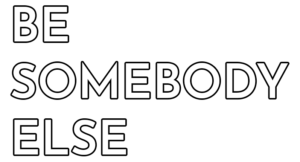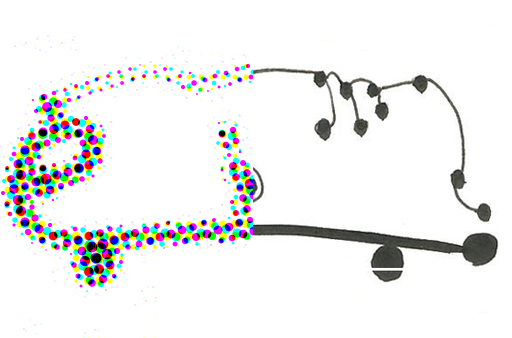Stay Home, Missteps and other mistakes

Considering separations can be a helpful way of thinking about many forms of alienation: experiences that leave us frightened, angry or ashamed. We might separate or be separated from who or what we feel offers us safety; we might feel separated from justice; we may feel unacceptable and unlovable.
The UK government’s simple message of ‘Stay Home’ is direct and clear … until the language around it changes, confusions and contradictions arise, and when we read or listen to the central message of ‘Stay Home’ we struggle to think of any real person saying it. Maybe in America, but not in Britain. ‘Stay home’ is a catchy phrase without a real author, or speaker. It is not ‘stay at home’.
A phrase associated with safety needs to be associated with a person – even a fictional character like the Green Cross man who used to lead public road-safety campaigns. When the author disappears, so does accountability and a sense of care. ‘Stay home’ sounds like a careless mistake, a word left out.
A mistake, not a misstep, which is another word slipping more frequently into everyday use, separated from any sense of … why? A mistake involves a far more severe judgement over something that has happened than a ‘misstep’.
These separations count.



